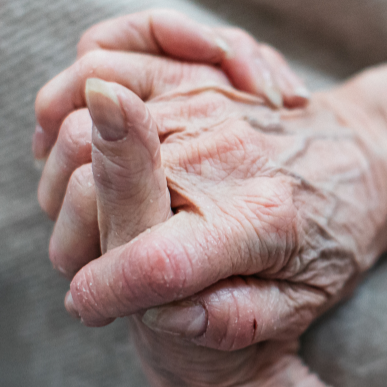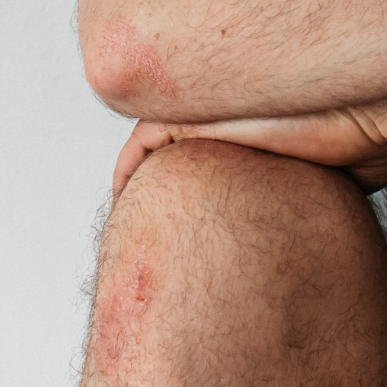
Don’t skip the moisturiser – If you’re prone to dry skin on the body then you should be moisturising at least twice daily with an emollient – the medical name for a moisturiser – specifically for dry or eczema prone skin. These soothe irritation and quickly soften dry scaly skin.
Bathroom cabinet spring clean – Many of us use harsh cleansers with alcohol and soaps and shower gels which contain detergents that strip our skin of precious oils and aggravate dry skin conditions. Switch these for gentler versions designed for sensitive skin such as a cleansing cream which washes and hydrates at the same time.
Turn up the humidity – Our modern centrally heated and air-conditioned homes can end up with very dry air. To counteract this, consider investing in a humidifier.
Turn down the temperature – High heat and sudden temperature changes can irritate our skin and dry it out. When showering make the water a little cooler and avoid long hot soaks in the bath. The same goes for central heating and wrap-up warm on cooler days to reduce your exposure to the harsh elements.
Exfoliate regularly – Dead cells can collect on the surface of our skin as it continuously renews itself, making it feel rough and dry and look dull. Use an exfoliator once a week to help remove old dry flaky skin and help unclog pores, but don’t overdo it as excessive exfoliating and cleansing can rapidly dry out the skin.
Cover up – On sunny days, be sure to use SPF protection and on winder cold days, use layers to shelter your skin from the elements. If you’re caught in a downpour, get soggy clothes off as soon as possible and moisturise with an emollient. If you’re swimming, likewise, always shower off and moisturise afterwards. And remember, rubber gloves are your best friend for cleaning and the washing up!
If you have mildly dry skin, then a light moisturiser such as a lotion usually works well. They are quickly absorbed and easy to spread across large areas of the body. On the other hand, if you have dryer skin, opt for a richer cream such as Cetraben Cream which is sold in Boots, LloydsPharmacy and Tesco. Your pharmacist will also be able to give you more information and advise you on the best product for your individual skin and lifestyle. For more information on the Cetraben range, click here.




